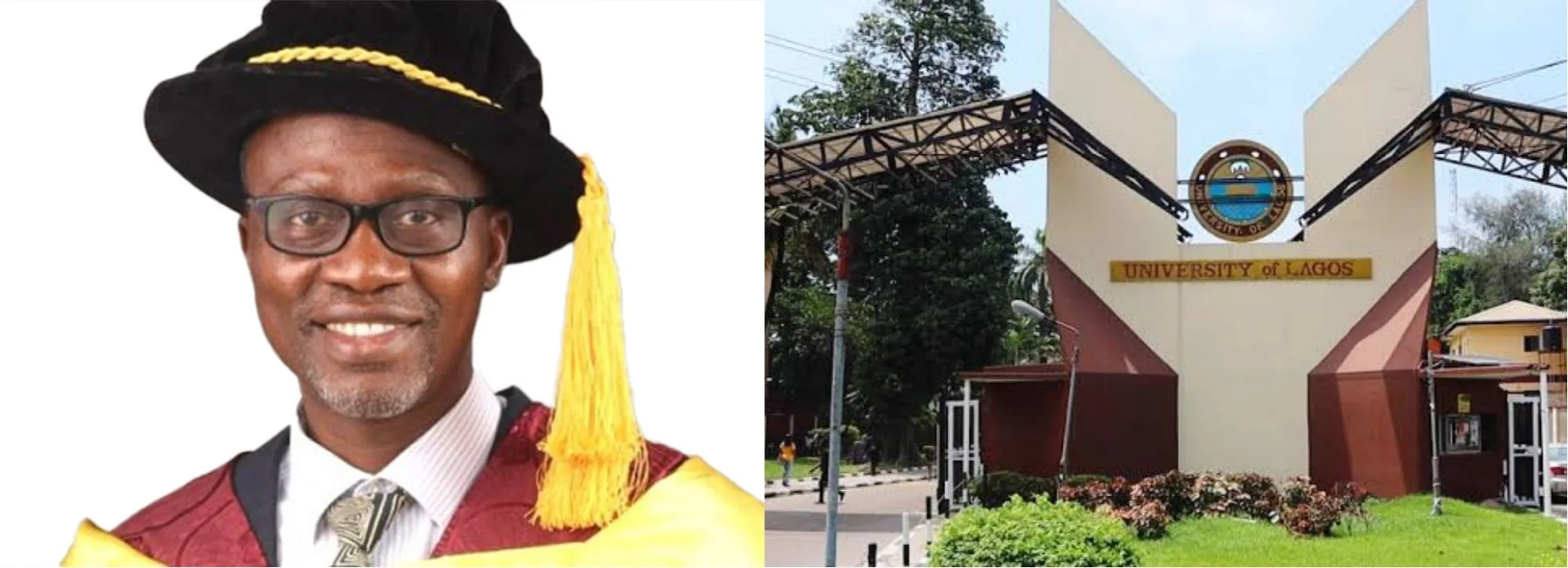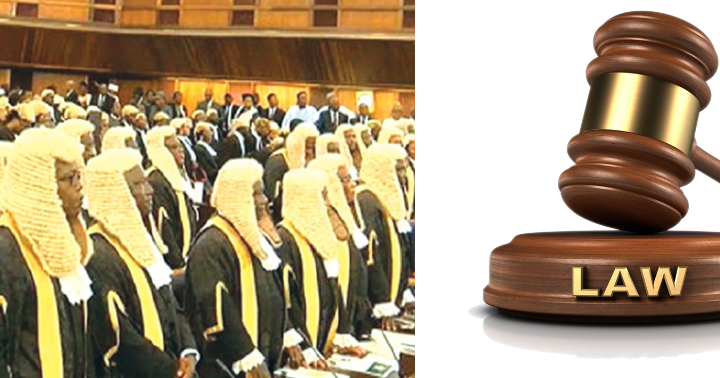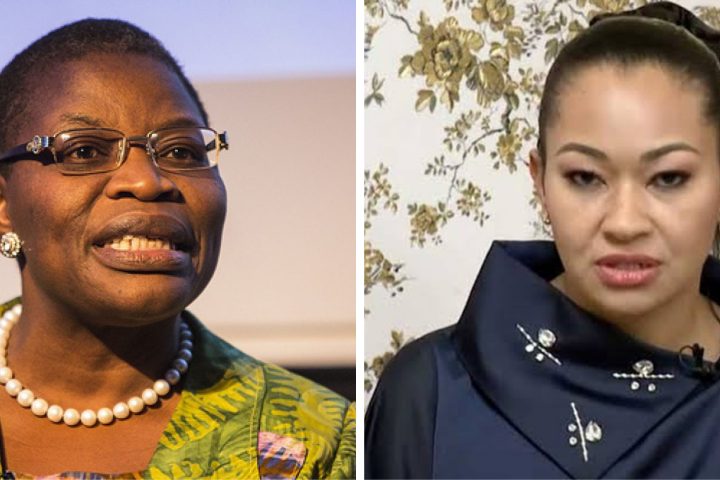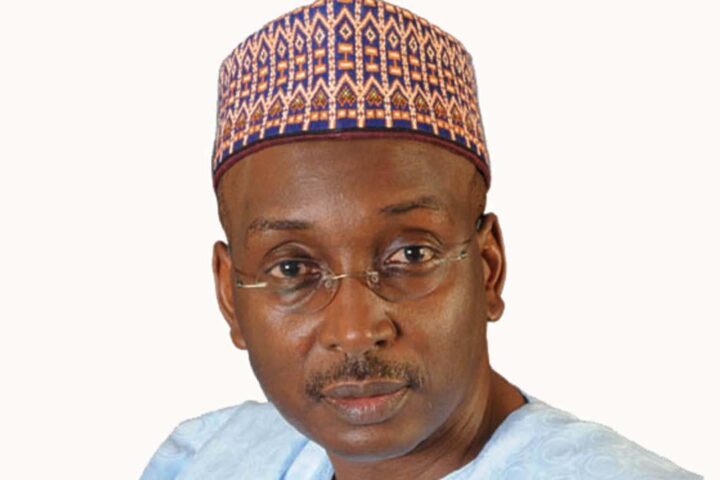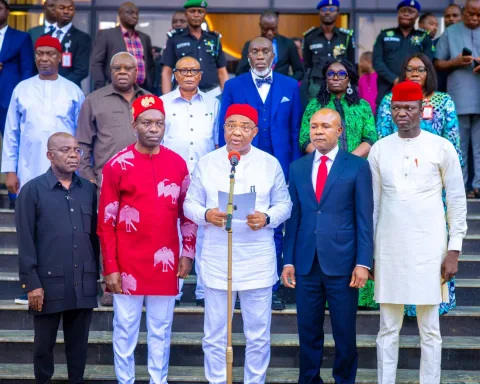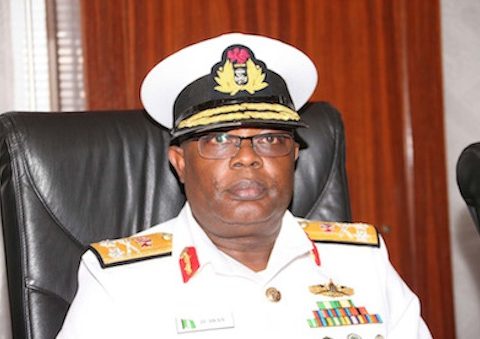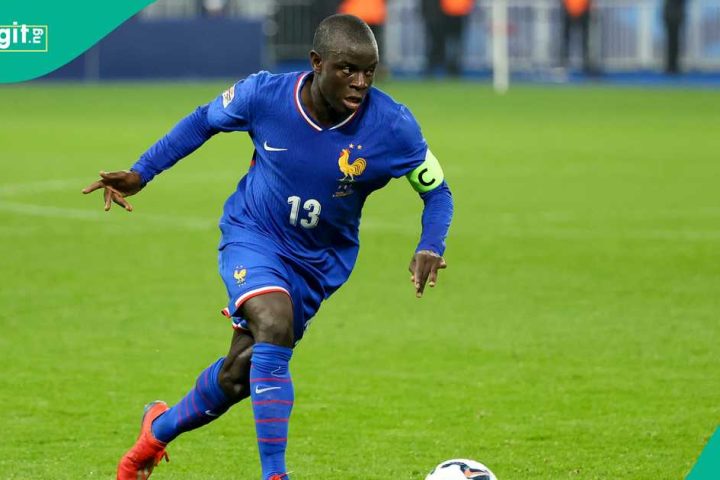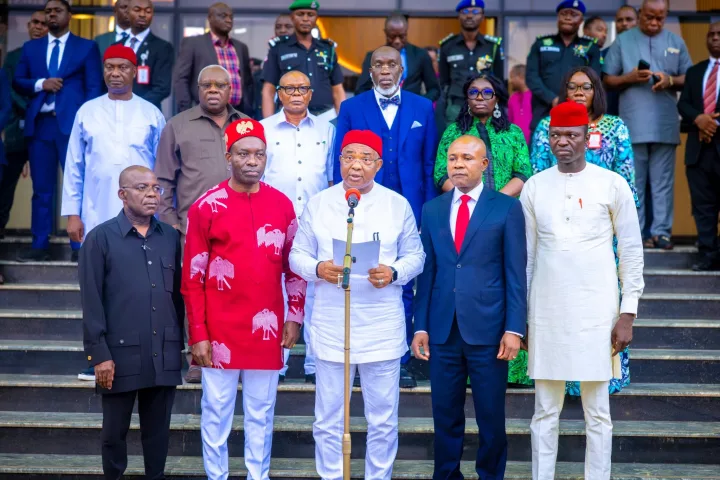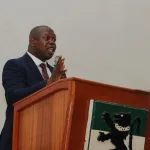Inaugural lectures serve as significant milestones in the academic journey of professors, offering a platform to showcase their research achievements and future aspirations.
Typically, inaugural lectures should be given shortly after a professor’s appointment, providing an opportunity to introduce their work and vision to the academic community. These lectures are generally open to all members of the university and the public, encouraging wide participation and enhancing the sense of community within the institution.
Join our WhatsApp ChannelOverall, inaugural lectures play a crucial role in reinforcing academic values, celebrating scholarly achievements, and inspiring future generations of students and researchers.
Thankfully, institutions such as the University of Lagos (UNILAG) and the University of Nigeria, Nsukka (UNN), are known in contemporary times to have a relatively regular and rising number of inaugural lectures. UNILAG held at least 25 inaugural lectures in the 2023/2024 academic session. UNN held no fewer than 18.
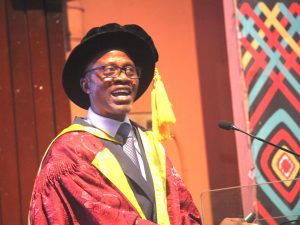
Rising, Yet Insufficient
We at Prime Business Africa believe that, despite the rising trend of inaugural lectures in some Nigerian universities, this cherished tradition has faced considerable challenges. The near absence of precise statistics on inaugural lectures in Nigerian universities is an instance of the challenges. The case at the Department of Mass Communication of UNILAG illustrates a broader trend where inaugural lectures have been infrequent, with UNILAG recently hosting its first such lecture in the Mass Communication Department in its 58 year history. The inaugural lecture by Professor Ismail Adegboyega Ibraheem took place on December 18, 2024, at the University of Lagos. Titled “Casino Journalism and the End of History,” it marked a historic moment as the first inaugural lecture delivered by an alumnus of the Mass Communication Department since its establishment 58 years ago. It is certainly history, but why?
Notably, the lecture is the third ever from a professor in the department, and it came 20 years after the last was held by a professor from the department. Several notable professors have emerged from the Mass Communication Department at UNILAG since its establishment in 1966. Key figures include Professor Alfred Opubor, recognised as the first Nigerian professor of Mass Communication and a significant contributor to the field. Professor Idowu Sobowale served as a former Head of the Department and played a vital role in shaping the curriculum. It is not certain whether these aforementioned professors and many others from the department have had their inaugural lectures.
READ ALSO: Tax Reform Bills Vs. Nigeria’s Education: Uncertainty Looms Over Future Of Tertiary Institutions
In like manner, UNN’s Department of Mass Communication has had about nine professors in its 64-year history. However, it has recorded just one inaugural lecturer, Professor Nnanyelugo Okoro, who became the 119th inaugural lecturer of the institution on June 15, 2017.
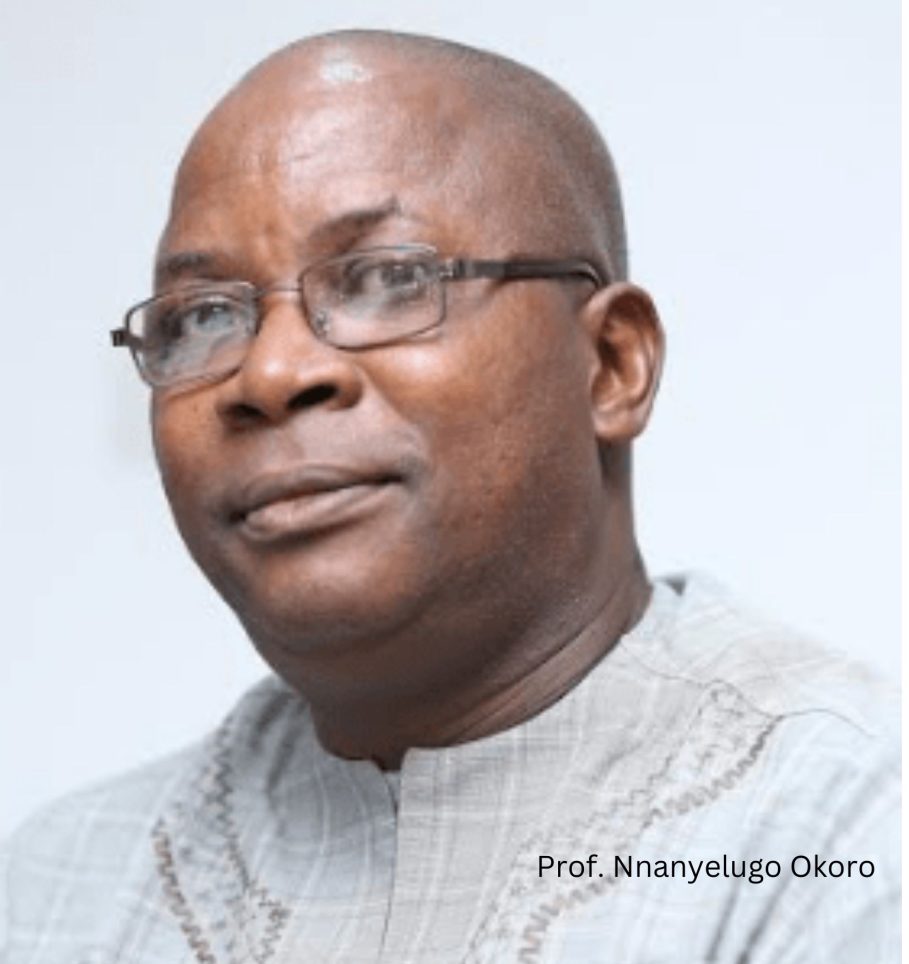
With over 2000 professors ever made in UNN since it began in 1960, UNN is still in its 213th inaugural lecture as of November 2024. UNN recorded a peak in inaugural lectures as from 2004 when then Vice Chancellor, Prof. Chinedu Nebo, revived the dying embers of the lectures at the time. Since then, the event has been a by-monthly affair in the institution. At present, there are over 620 professors, with only 1 in 25 professors having done their inaugural lecture. Less than 5% of the professors ever appointed in UNN have given an inaugural lecture in the first five years of being elevated to the rank.
The University of Port Harcourt, Rivers State (UNIPORT), has held 105 inaugural lectures since being founded in 1975. The lectures, hitherto averaging less than four presentations per year until 2011, peaked in 2012, when at least 15 professors held the lectures. In state universities, the trend is at an all-time low. In the 44-year-old Enugu State University of Science and Technology, the 40th inaugural lecture was held in November 2024. Inaugural lectures in the institution became significantly pepped as an academic culture as from 2017 when the present VC, Professor Alloysius-Michaels Okolie took office.
Perceived Shift from Intent behind Inaugural Lectures
Universities typically intend that inaugural lectures be simple ceremonies celebrating a professor’s appointment. Yet these events often evolve into competitive and, at times, daunting occasions. The expectation is that these lectures will serve as platforms for professors to present their research and future aspirations in an accessible manner. However, the pressure to impress peers and the academic community can turn what should be an academic event into an “opulent cult festival.”
Generally, guidelines suggest a straightforward format, and a lecture lasting no more than one hour. On the contrary, professors often feel compelled to showcase extensive research accomplishments and engage in elaborate presentations. This competitive atmosphere tends to overshadow the intended purpose of fostering collegiality and sharing knowledge, and instead showcases performance, potentially deterring some professors from fully embracing the occasion.
For instance, UNIPORT suspended inaugural lectures in 2013 due to gross abuses ranging from shabbily prepared lectures, poor presentation modes, flabby structure, unclear content, and very rowdy sessions. The university just concluded a committee-led effort to revise the guidelines for presenting inaugural lectures and valedictory lectures in late 2024.
What Universities Should Do
To encourage more inaugural lectures from professors, universities can implement several strategies. Institutions can introduce reward systems for faculties that present the most inaugural lectures, creating healthy competition and motivating professors to engage in this academic tradition. Universities should also understand that promoting a simplified format for inaugural lectures can make them more accessible to a broader audience, including those outside the specific field of study. This approach helps alleviate the pressure on professors and makes the events more inviting.
Encouraging interdisciplinary dialogue during inaugural lectures can also foster collaboration among different faculties, enriching the content of the lectures and broadening participation across departments. Establishing a regular schedule for inaugural lectures normalises the practice and encourages professors to plan their presentations; making these lectures a monthly or quarterly event can help maintain momentum. Providing support, such as mentorship or resources for preparing lectures, empowers professors to present their work confidently while workshops or guidelines on effective presentation techniques can further enhance this preparation.
By implementing these strategies, universities can create an environment that encourages more professors to deliver inaugural lectures, enhances academic engagement, and showcases research contributions across disciplines.
Dr Mbamalu is an alumnus of both UNN and UNILAG. He is a Jefferson Fellow, member of the Nigerian Guild of Editors (NGE) and publisher of Prime Business Africa
Dr. Marcel Mbamalu is a communication scholar, journalist and entrepreneur. He holds a Ph.D in Mass Communication from the University of Nigeria, Nsukka and is the Chief Executive Officer Newstide Publications, the publishers of Prime Business Africa.
A seasoned journalist, he horned his journalism skills at The Guardian Newspaper, rising to the position of News Editor at the flagship of the Nigerian press. He has garnered multidisciplinary experience in marketing communication, public relations and media research, helping clients to deliver bespoke campaigns within Nigeria and across Africa.
He has built an expansive network in the media and has served as a media trainer for World Health Organisation (WHO) at various times in Northeast Nigeria. He has attended numerous media trainings, including the Bloomberg Financial Journalism Training and Reuters/AfDB training on Effective Coverage of Infrastructural Development of Africa.
A versatile media expert, he won the Jefferson Fellowship in 2023 as the sole Africa representative on the program. Dr Mbamalu was part of a global media team that covered the 2020 United State’s Presidential election. As Africa's sole representative in the 2023 Jefferson Fellowships, Dr Mbamalu was selected to tour the United States and Asia (Japan and Hong Kong) as part of a 12-man global team of journalists on a travel grant to report on inclusion, income gaps and migration issues between the US and Asia.

